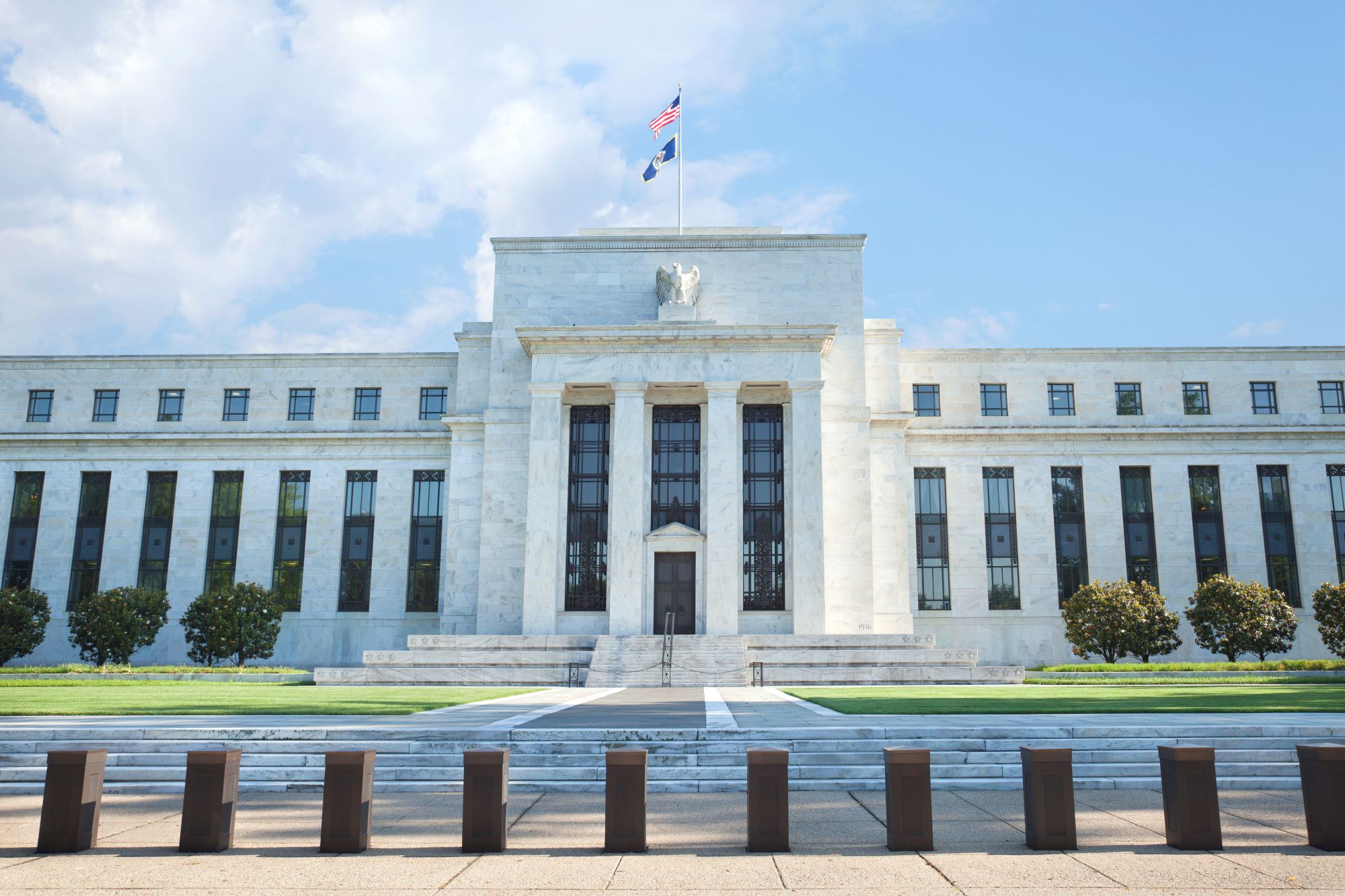Federal Reserve Governor Christopher Waller issued a stark warning Monday, stating that U.S. inflation could approach 5% this year and economic growth may “slow to a crawl” if the Trump administration’s new 25% tariff policy remains in effect. Waller also suggested the Fed may need to consider cutting interest rates to avoid a recession—even if inflation temporarily spikes.
Inflation vs. Growth: Fed Faces Dual-Mandate Dilemma
Speaking in St. Louis, Waller addressed the complex challenge the central bank now faces: balancing stable prices with maximum employment amid a major policy shock. He acknowledged skepticism around easing policy in the face of rising inflation, referencing past criticism of the Fed’s “transitory inflation” narrative during 2021–2022.
“But just because it didn’t work out once,” he said, “does not mean you should never think that way again.”
Waller’s comments reflect a growing internal debate among Fed officials about how to interpret the inflationary impact of trade policy. Treasury Secretary Scott Bessent has called for patience, urging the Fed to view tariff-driven price increases as temporary. Fed Chair Jerome Powell initially agreed but has since signaled caution, warning that larger-than-expected trade duties could have longer-lasting effects.
Two Possible Scenarios—and Both Are Risky
Waller outlined two distinct economic scenarios. In one, tariff inflation proves short-lived, allowing the Fed to “look through” the spike and focus on underlying growth trends. In the other, persistent inflation and economic uncertaintycould lead to lasting damage—particularly to business investment and household spending.
He stressed that the 25% effective tariff rate could cause a “significant” rise in unemployment, with higher prices suppressing consumer demand and increasing investor hesitation. “This is one of the biggest shocks to affect the U.S. economy in many decades,” Waller said.
Fed Strategy Under Review
The speech suggests the Fed may pivot from its current rate-hold stance depending on how economic data evolves over the next quarter. Waller acknowledged the difficulty in forming a coherent outlook given the many unknowns surrounding the new trade regime.
The broader takeaway: If the tariffs stay, rate cuts could come—not in spite of inflation, but because the Fed may view it as a short-term price spike with deeper risks to growth.







